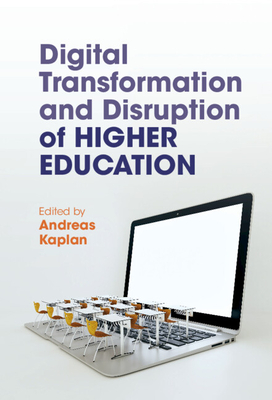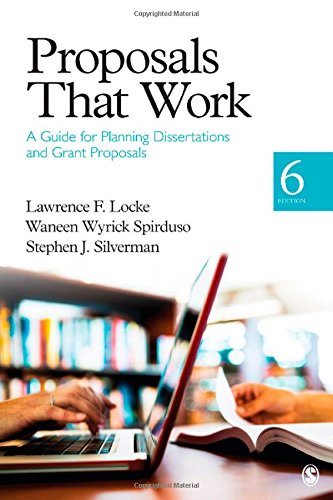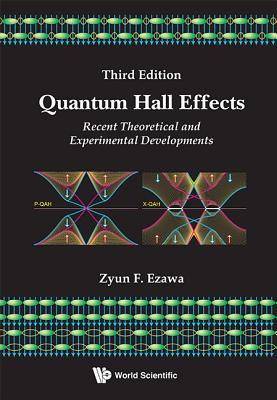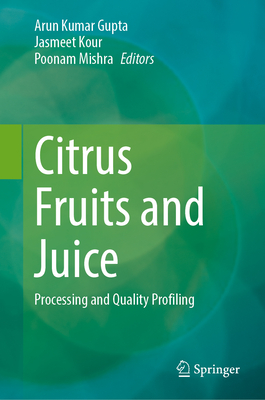图书简介
This book analyses higher education’s digital transformation and potential disruption from a holistic point of view, providing a balanced and critical account from a variety of interdisciplinary viewpoints. It looks at case studies on educational and emerging technology, their impact, the potential risk of digitalization disrupting higher education, and also offers a glimpse into what the future of digitalization will likely bring. Researchers and practitioners from countries including New Zealand, Russia, Eswatini, India, and the USA, bring together their knowledge and understanding of this rapidly evolving field. The contributors analyse academia’s digitalization along the broad topics of the sector’s general digital (r)evolution. The book looks at changes in instructional formats from the Massive Open Online Courses to Small Private Online Courses and artificial intelligence. This work also provides analysis on how skills, competences and social networks demanded by future jobs and job markets can be further integrated into higher education.
Preface: Digital transformation and the disruption of higher education Andreas Kaplan; 1. Nothing is constant except change: Academia’s digital transformation Andreas Kaplan; Part I. Revolution of The Higher Education Sector: 2. Higher education’s digitalisation: Past, present, and future Victoria L. Murphy, Francisco Iniesto, Eileen Scanlon; 3. Online learning: Expectations versus reality Irina Shcheglova, Ksenia Vilkova, Oksana Dremova; 4. Social exclusion and the digital divide: Digitalisation’s dark side Mmabaledi Kefilwe Seeletso; 5. Internationalization of higher education: The case for virtual collaboration Jesús Pineda, Alexander Knoth, Dagmar Willems; 6. Africa’s university landscape: Embracing digital transformation Fred Moonga; Part II. Changes in Teaching Formats: 7. Contemporary changes in teaching formats: An overview Narasimha Murthy Kalanatha Bhatta, Ashwathanarayana Sashtry; 8. Digital transformations in teaching and learning: A multiple case study approach Luiz Carlos Di Serio, Enido Fabiano de Ramos, Kenyth Alves de Freitas; 9. Blending emerging technologies for student-centred teaching: A critical analysis Sameera Mubarak, Santoso Wibowo, Mubarak Rahamathulla, Rongbin Yang, Silke Schönert; 10. Artificial intelligence: An adaptive learning methodology Francesca Pucciarelli, José Cobo-Benita; 11. Quality assurance and enhancement: An application of digitalised data Julia Chen, Linda Lin, Dennis Foung, Caroline Nixon; Part III. Changes in Teaching Content: 12. Building human capital for the twenty-first century Natalia Timus, Zakaria Babutsidze; 13. Combining work experience with digital learning Valerie Mc Taggart; 14. Integrating digital competencies into non-stem subjects Kamaran Fathulla, Chavan Kissoon; 15. Disrupting curricula in the area of the humanities Joshua Patterson; Part IV. Networking and Social Activities: 16. Working Adults’ networking and social activities in lifelong learning Mamun Ala, Ingrid Day, Tareq Rasul, Sumesh Nair, Megan Baker; 17. Students’ social networks in a digitalised and multicultural world Abel Ebiega Enokela; 18. Universities’ online networking operations: Expectations and perceptions Xianghan O’Dea; Part V. Certification and Diplomas: 19. Shared learning in higher education: Toward a digitally-induced model Ulrich Hommel, Kai Peters; 20. Degrees of disruption: Alternative educational credentialing Angela Boatman, Katrina Borowiec; 21. Born-digital universities: Facing the new competitive landscape Albert Rof, Andrea Bikfalvi, Pilar Marques; 22. Personalization of higher education: From prospects to alumni Grzegorz Mazurek, Karolina Małagocka; Part VI. Careers and Professionalization: 23. About university career services’ interaction with EdTech Elizabeth Knight, Tom Staunton, Michael Healy; 24. About training educators to become drivers for change Emma O’Brien, Ileana Hamburg; 25. About instructors’ readiness to teach online Shazia Aziz, Muhammad Asif Ikram Anjum; 26. About precarious faculty and their digital disruption Lisa Allen; Part VII. Futuristic and Ultramodern Higher Education: 27. Learning analytics enriched by emotions Veronica Liesaputra, Claudia Ott; 28. Personal analytics in the science of learning Russell Butson, Kait O’Callahan; 29. The AI economy and higher education Liz Coulter-Smith; Part VIII. Higher Education in Motion: 30. Higher education in motion: Its transformation and potential disruption Andreas Kaplan; Editor’s Biography; Index.
Trade Policy 买家须知
- 关于产品:
- ● 正版保障:本网站隶属于中国国际图书贸易集团公司,确保所有图书都是100%正版。
- ● 环保纸张:进口图书大多使用的都是环保轻型张,颜色偏黄,重量比较轻。
- ● 毛边版:即书翻页的地方,故意做成了参差不齐的样子,一般为精装版,更具收藏价值。
关于退换货:- 由于预订产品的特殊性,采购订单正式发订后,买方不得无故取消全部或部分产品的订购。
- 由于进口图书的特殊性,发生以下情况的,请直接拒收货物,由快递返回:
- ● 外包装破损/发错货/少发货/图书外观破损/图书配件不全(例如:光盘等)
并请在工作日通过电话400-008-1110联系我们。
- 签收后,如发生以下情况,请在签收后的5个工作日内联系客服办理退换货:
- ● 缺页/错页/错印/脱线
关于发货时间:- 一般情况下:
- ●【现货】 下单后48小时内由北京(库房)发出快递。
- ●【预订】【预售】下单后国外发货,到货时间预计5-8周左右,店铺默认中通快递,如需顺丰快递邮费到付。
- ● 需要开具发票的客户,发货时间可能在上述基础上再延后1-2个工作日(紧急发票需求,请联系010-68433105/3213);
- ● 如遇其他特殊原因,对发货时间有影响的,我们会第一时间在网站公告,敬请留意。
关于到货时间:- 由于进口图书入境入库后,都是委托第三方快递发货,所以我们只能保证在规定时间内发出,但无法为您保证确切的到货时间。
- ● 主要城市一般2-4天
- ● 偏远地区一般4-7天
关于接听咨询电话的时间:- 010-68433105/3213正常接听咨询电话的时间为:周一至周五上午8:30~下午5:00,周六、日及法定节假日休息,将无法接听来电,敬请谅解。
- 其它时间您也可以通过邮件联系我们:customer@readgo.cn,工作日会优先处理。
关于快递:- ● 已付款订单:主要由中通、宅急送负责派送,订单进度查询请拨打010-68433105/3213。
本书暂无推荐
本书暂无推荐















